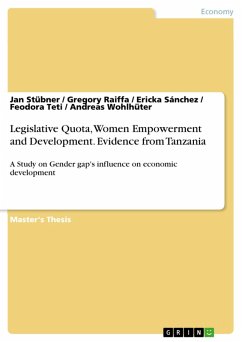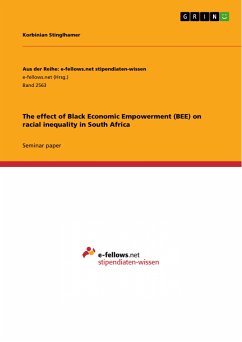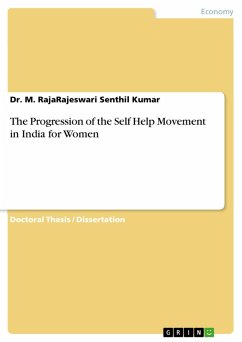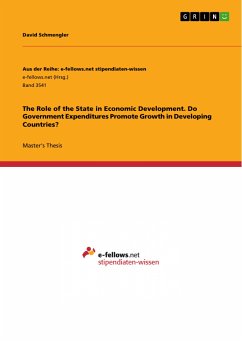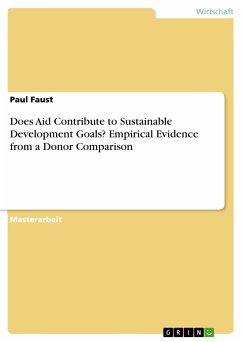Master's Thesis from the year 2015 in the subject Economics - Other, grade: 10/10, , language: English, abstract: This paper analyzes whether the legislative women's quota implemented in Tanzania has helped to reduce the existing gender gap in that country. We focus on a set of development indicators indicated by the literature and an analysis of female political activity. We exploit the variation in the number of female representatives across the 131 districts of Tanzania, employing a Difference and Differences approach including fixed effects and controlling for a number of socioeconomic variables. Our analysis indicates that the legislative women's quota in Tanzania has led to significant reductions in the gender gap and improvements for women. The quota has effectively increased political participation in accordance with its goals, and the level of female representation continues to rise. We find evidence that the quota has reduced the gender gap in education for certain age groups, and we find indications of small improvements to female empowerment. In accordance with previous findings in other countries, we find that the increased female representation has led to substantial investments in water infrastructure that has greatly increased the number of people with access to clean water. While we do not find significant health impacts, this may be due to limitations in our dataset.
Dieser Download kann aus rechtlichen Gründen nur mit Rechnungsadresse in A, B, BG, CY, CZ, D, DK, EW, E, FIN, F, GR, HR, H, IRL, I, LT, L, LR, M, NL, PL, P, R, S, SLO, SK ausgeliefert werden.

